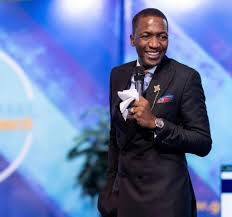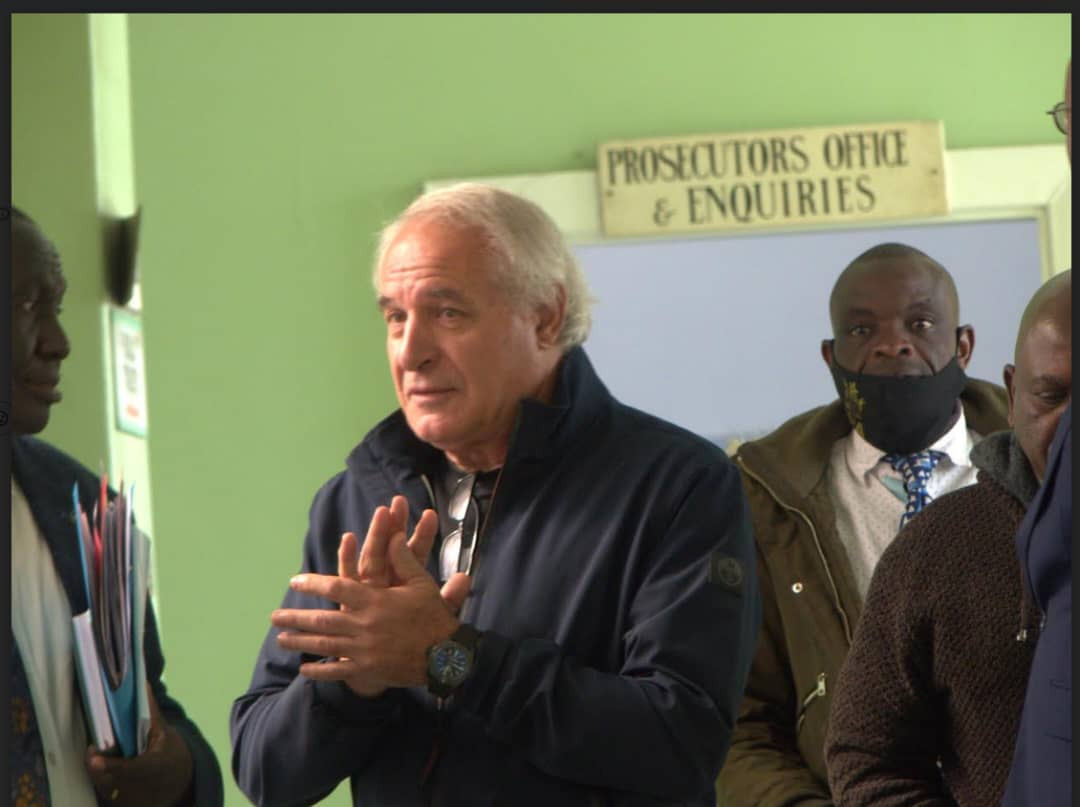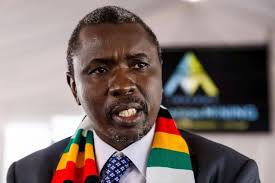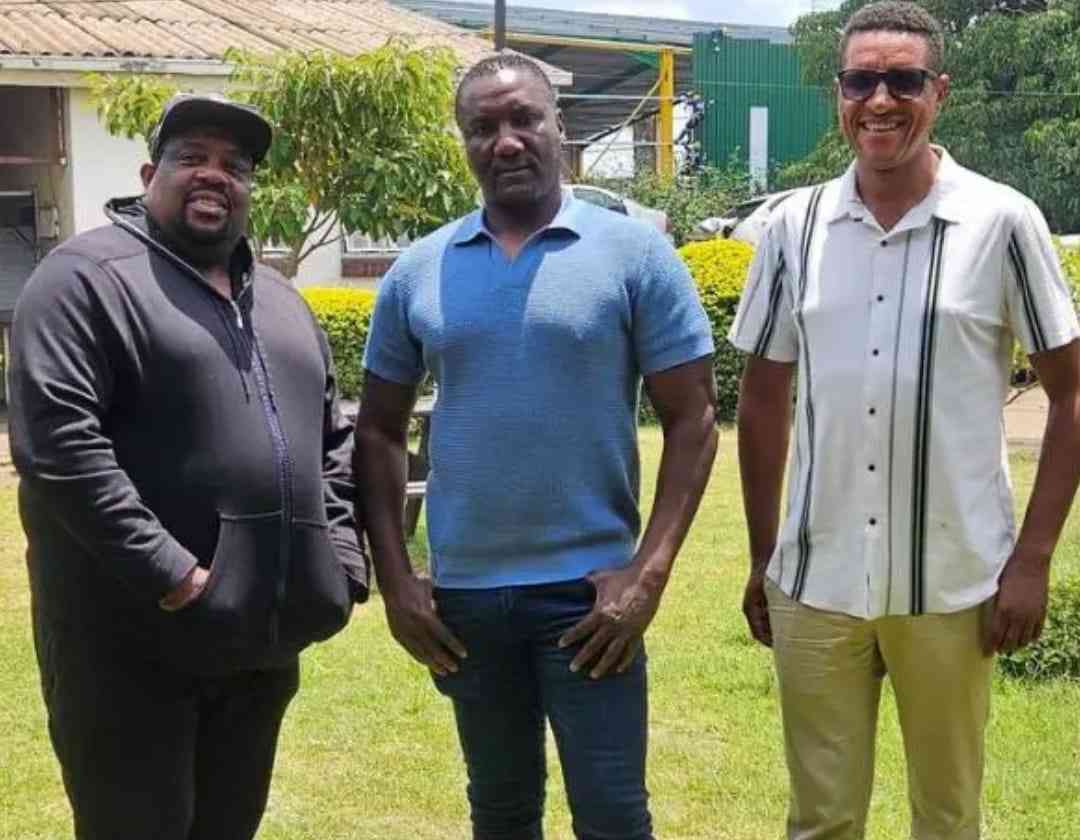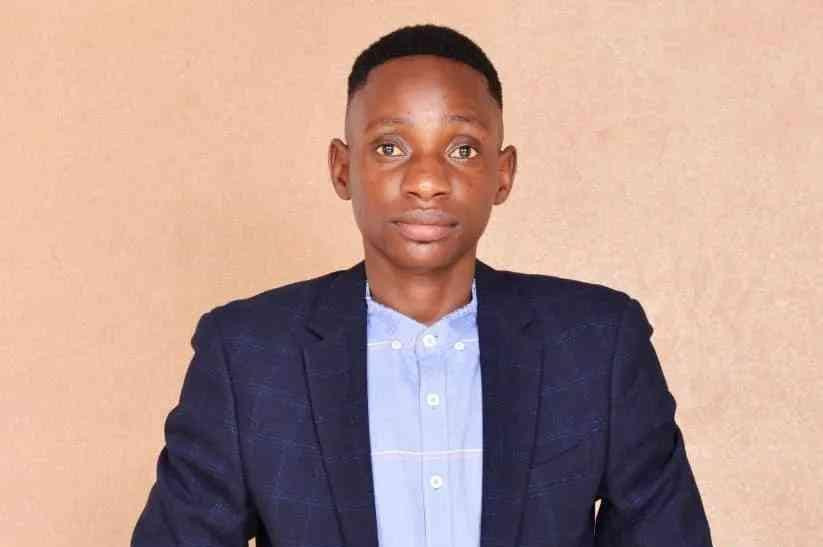
The birth of a child should be a moment of universal joy, but for the Maiswa family in Chihota village, 1992 brought only division, confusion, and rejection. The cause was the baby’s ambiguous genitalia, a natural biological variation known as being intersex.
Born at Madamombe Rural Hospital, the infant possessed both a micropenis and undescended testes, coupled with a rare chromosomal pattern of 46XX and 46XY. Without proper medical guidance, their parents—in a choice later compounded by doctors—decided to assign the child female, naming them Yvonne.
Intersex describes individuals born with sex characteristics (genitals, gonads, hormones, or chromosomes) that do not fit typical male or female categories. For Yvonne, this biological reality was a lifelong struggle against societal pressure.
“I was born with ambiguous genitalia,” Kudakwashe Maiswa explains, recalling the profound confusion of their early life.
Raised as a girl, Yvonne soon recognized their difference. As they matured, rising male hormones pulled them toward male-gendered activities, clashing violently with traditional female roles imposed by society. School was a place of deep trauma, marked by constant bullying and verbal abuse.
“I was bullied and subjected to verbal abuse, including graphic descriptions of my ambiguous genitalia. This deeply affected my life and self-confidence,” they recounted. Forced to wear a female uniform, the internal conflict was agonizing, leaving them unable to use the girls' restroom and lacking self-assurance.
The challenges intensified after their father passed away, leaving a single mother who found it difficult to discuss the matter. “My mother was not comfortable having that discussion about my genitalia,” Kudakwashe shared.
The deepest wound was inflicted at age 15 when Yvonne underwent "correctional surgery" intended to make their body conform to the female gender they had been assigned.
- Unseen but present: Plight of intersex people
- Stanbic funds Hernia operations for underprivileged children
- Irreversible pain: How non-consensual 'correctional surgery' shaped an Intersex activist's battle for rights
Keep Reading
The procedures—described as vaginoplasty and clitoral reconstruction—were ultimately unsuccessful. Worse, they conflicted with Kudakwashe’s underlying male hormonal biology. The procedures, Yvonne notes, were performed without their informed consent, an irreversible action that left them with chronic pain and permanent scars.
“The surgery that was practised on me was non-consensual,” Kudakwashe asserts. “They called them correctional surgeries—and mine was meant to make me female, and make me ready for the world and also for me to get married. It was unsuccessful and left me with chronic pains, pains that I never had before the surgery.”
The path to self-acceptance began after college when Kudakwashe met other intersex people and shared their stories. “I then realised that I am not alone. That’s how the process of self-acceptance began. I realised that there was nothing wrong with me and I was not cursed by God as I grew up thinking.”
This realization led to a transition. Yvonne embraced their true identity and the name Kudakwashe, the name their father had initially wanted.
Tragically, this moment of self-actualization coincided with the death of their mother. Transitioning proved to be a severe test for the remaining family, many of whom labelled Kudakwashe a “Ngochani” (a derogatory term). While one sister offered support, their brother struggled to handle the situation. The family rejection was devastating.
“It hurt me the most and at some point I contemplated dying,” Kudakwashe admitted, grateful for subsequent counselling sessions. But a new resolve emerged: “I told myself that it’s better for people to have issues and problems with me as long as I am true to myself.”
Since finding self-acceptance, Kudakwashe reports living their best life, marked by new confidence, friendships, and open relationships, a stark contrast to the isolation of their childhood.
Today, Kudakwashe is the acting Director of the Intersex Community of Zimbabwe (ICoZ), an organization focused on advocacy and peer support.
Their work is critical because intersex individuals face immense difficulties accessing public services due to the discrepancy between their assigned sex on identity documents and their lived, physical reality.
“Accessing public services can be challenging,” Kudakwashe states. “Every time I travel, I experience delays while trying to explain my identity. The process is tedious as I am required to recount my life story.” Mismatched documents have also led to job loss and difficulties using public restrooms.
The ICoZ is fighting for systemic change to end the stigma and the practice of early, non-consensual surgeries. They advocate for children to be allowed to develop naturally and make surgical decisions later in life with informed consent.
In a landmark move, ICoZ recently filed a High Court application (case number HCH4743/25) seeking a declaratory order to compel the state to officially recognize intersex people as a distinct legal category.
Among their core demands are- the introduction of a third sex marker on birth certificates, IDs, and passports, legal procedures to amend sex markers on existing documents, a complete ban on non-consensual, non-essential surgeries on intersex minors, and full and equal access to constitutional rights, including dignity, education, and healthcare.
The case includes seven applicants, including minors denied education because their documents mismatched their lived realities, and an adult, like Kudakwashe, left with lifelong complications from irreversible childhood surgery. Kudakwashe Maiswa’s fight is not just for themselves but for all intersex Zimbabweans to be seen, accepted, and legally protected.

